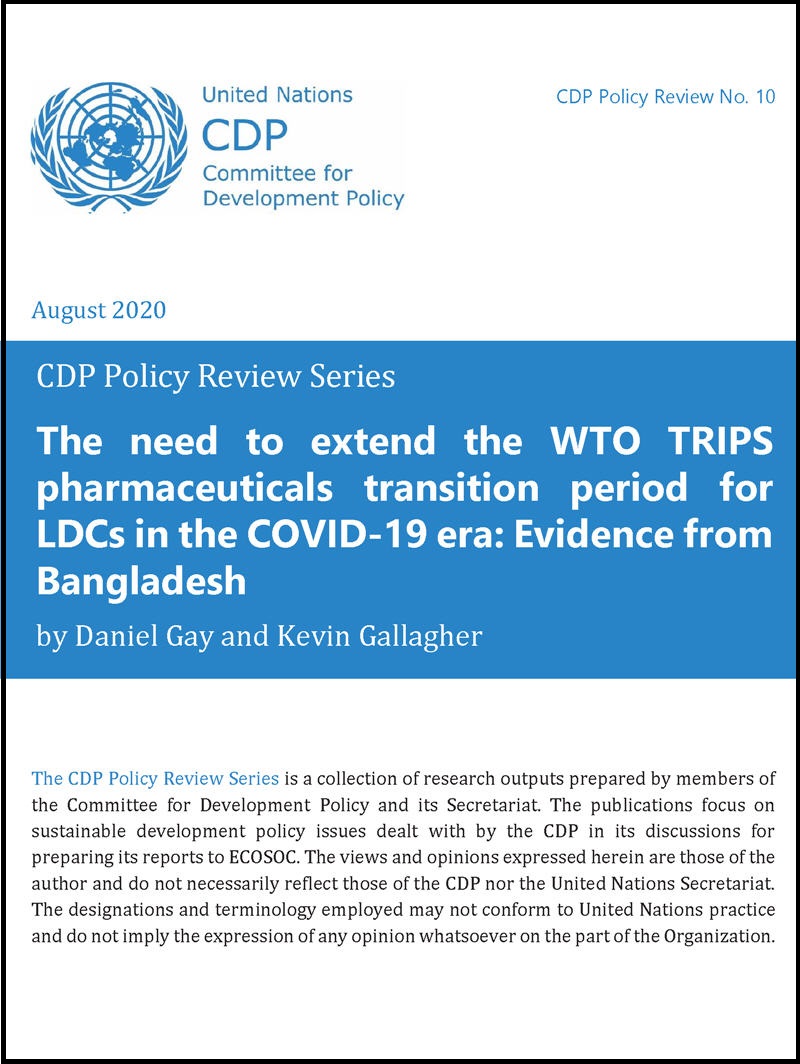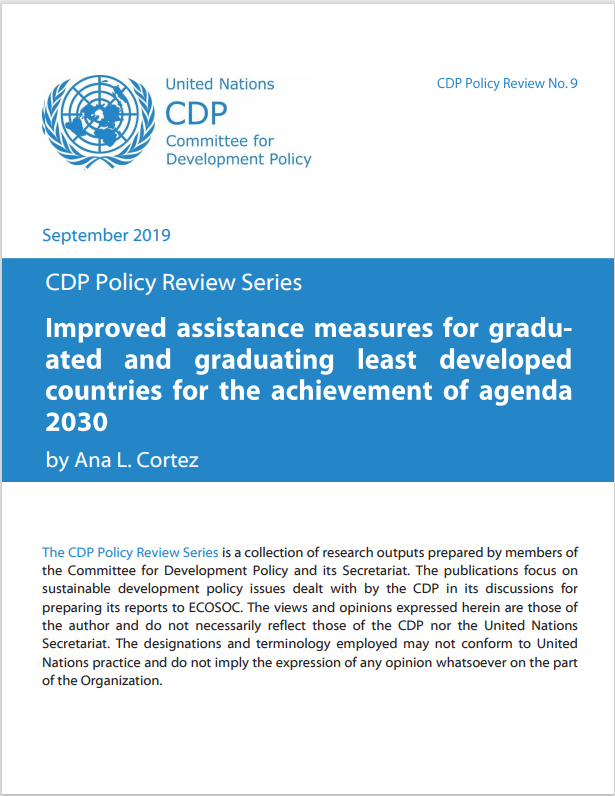Publications
Displaying 31 - 40 of 318
عربي, 中文, English, Français, Русский, Español CDP excerpts on the report by theme
Accelerated action and transformative pathways: realizing the decade of action and delivery for sustainable development
The voluntary national reviews of the implementation of the 2030 Agenda for Sustainable Development
The comprehensive review of the LDC criteria
Monitoring of countries that are graduating and have graduated from the list of least developed countries
Improved assistance for graduating and graduated least developed countries
Framework for the Programme of Action for least developed…
عربي, 中文, English, Français, Русский, Español CDP excerpts on the report by theme
Empowering people and ensuring inclusiveness and equality
Voluntary national reviews of the implementation of the 2030 Agenda for Sustainable Development
Update on the progress of the multi-year programme on a comprehensive review of the least developed country criteria
Monitoring the development progress of graduating and graduated countries
Review of the recognition and use of the least developed country category by United Nations development system entities
Improved assistance for graduating and…
 Welcome to the United Nations
Welcome to the United Nations





